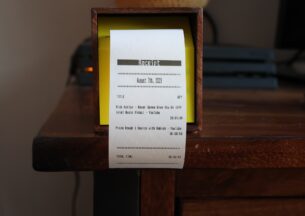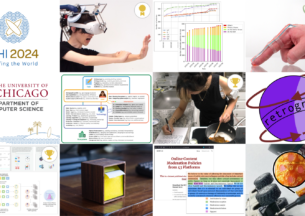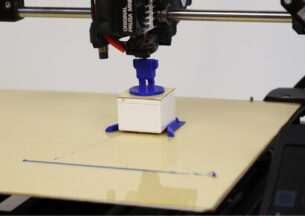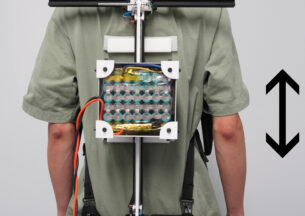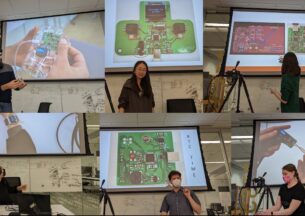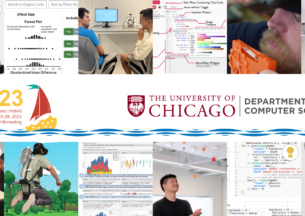Josiah Hester (Northwestern) - Computation and Sensing without Reliable Power
Computation and Sensing without Reliable
Power
For decades wireless sensing computing systems have relied primarily on battery power. However, batteries are not a viable energy storage solution for the tiny devices at the edge of a sustainable Internet of Things. Batteries are expensive, bulky, hazardous, and wear out after a few years (even rechargeables). Replacing and disposing of billions or trillions of dead batteries per year would be expensive and irresponsible. By leaving the batteries behind and surviving off energy harvested from the environment, tiny intermittently powered sensors can monitor objects in hard to reach places maintenance free for decades. Batteryless sensing will revolutionize computing and open up new application domains from infrastructure monitoring and wildlife tracking to wearables, healthcare, and space exploration. However, these devices intermittent power supply make power failures the common case; requiring a rethinking of hardware and software design, tool creation, and evaluation techniques. In this talk, I will introduce the challenges of intermittent computing, then present my recent work from SenSys 2017 and 2018 on tools, hardware platforms, runtime and language techniques that streamline the creation, testing, and deployment of efficient, sophisticated applications on tiny, energy harvesting, intermittently powered devices
Host: Andrew Chien

Josiah Hester
Josiah Hester is an Assistant Professor in the Departments of Electrical and Computer Engineering, and Computer Science at Northwestern University. Josiah joined Northwestern in Fall 2017 after completing his PhD in Computer Science at Clemson University. His research enables sophisticated, sustainable sensing on the tiny devices at the edge of the Internet of Things. These devices enable new application domains from infrastructure monitoring and wildlife tracking to wearables, healthcare, and space exploration. He explores and develops new hardware designs, software techniques, tools, and programming abstractions so that developers can easily design, debug, and deploy intricate batteryless sensor network applications that work in spite of frequent power failures. His work is published at USENIX ATC, ACM SenSys, and various prestigious journals, and has received a Best Paper Award and Best Paper Nomination from ACM SenSys, and two Best Poster Awards. He was also named the Outstanding PhD Student in Computer Science for 2016 by the School of Computing at Clemson University. He is a reviewer for IMWUT / UbiComp, ACM TOSN, ACM TECS, and IEEE ESL, and member of the ACM, IEEE, and SACNAS.



